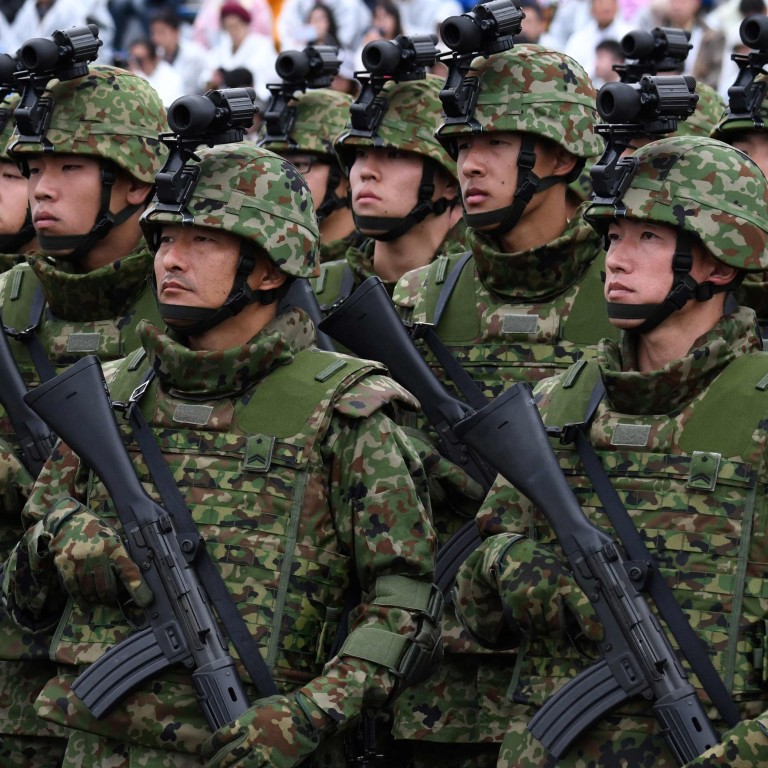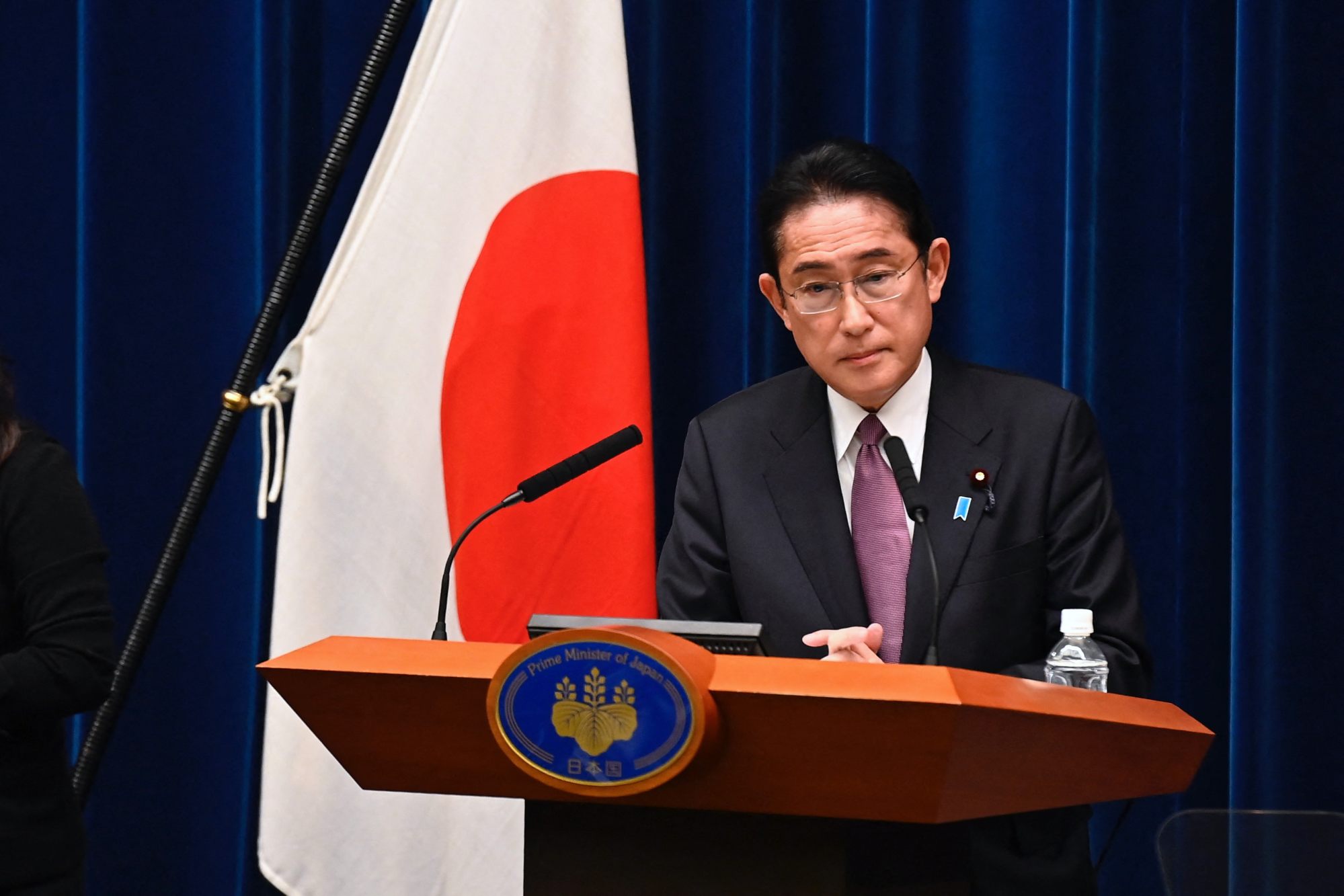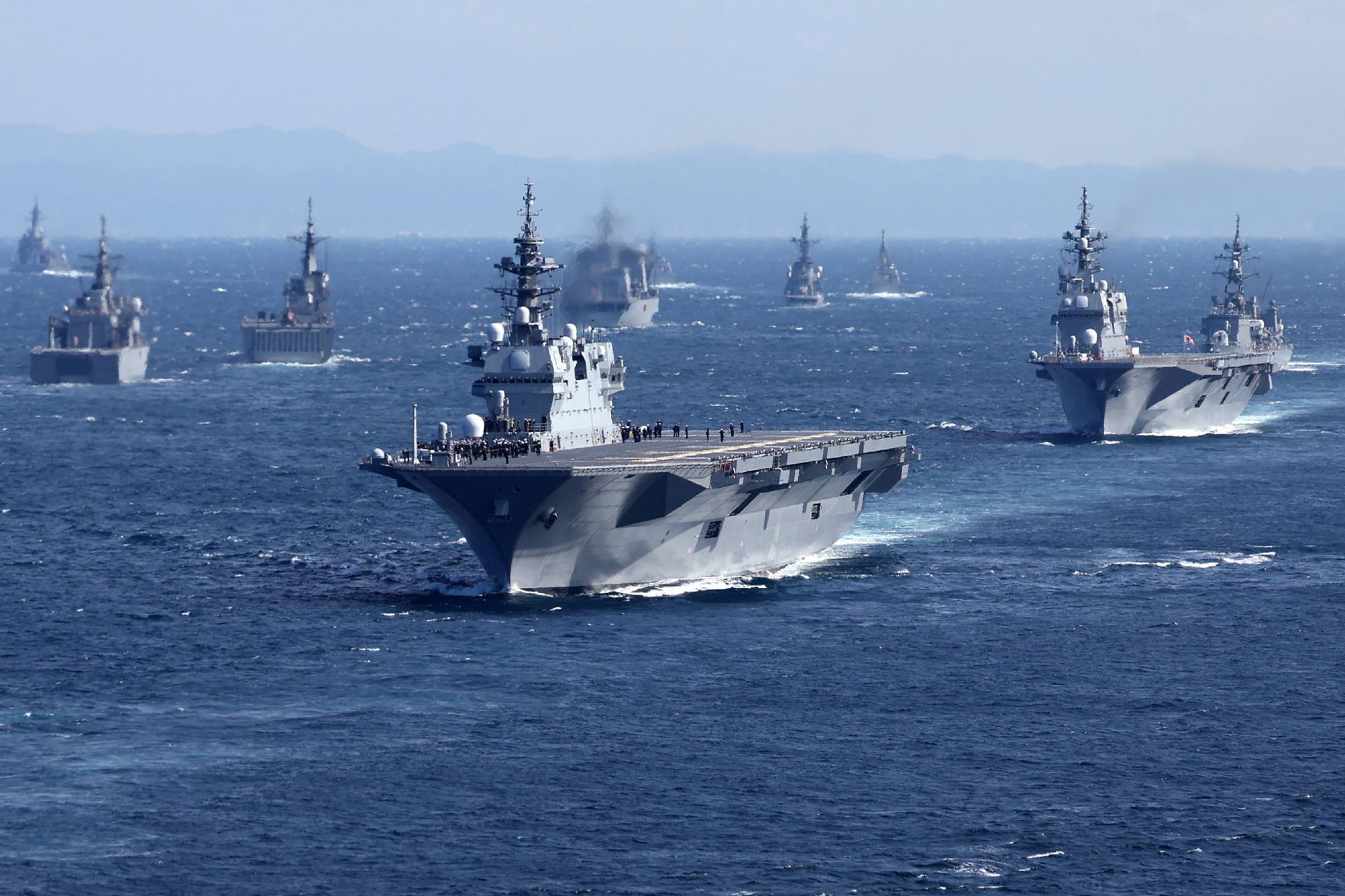
China-Japan relations: past the point of no return amid Tokyo’s military build-up?
- China sees Japan’s huge defence spending plans as ‘hostile’ while Tokyo views Beijing recent ‘coercive’ actions as ‘existential threats’, analysts say
- They caution ‘a reciprocal quid pro quo’ on Taiwan may be required for the two sides to maintain their ‘mutually beneficial yet awkward relationship’
“Each are existential threats to Japan’s economy by potentially disrupting sea lines of communication and weaponising technology and rare earth supply chains,” Nagy said, further warning that Tokyo’s ties with Beijing may already “have crossed the Rubicon” – or passed the point of no return.

Military moves whip up ‘frustration and distrust’
Both sides’ recent military moves were “a major source of frustration and distrust” for the other, said Akitoshi Miyashita, an international-relations professor at Tokyo International University, who cautioned that nationalist elements could use the bellicose behaviour to pressure their respective governments into taking a more hardline approach.
Bilateral ties were unlikely to “improve significantly in the near future”, he said, but neither were they doomed to take a nosedive “as long as Beijing and Tokyo refrain from taking action that would be seen by the other side as an attempt to alter the status quo”.

Achieving this would entail Tokyo taking a firm anti-independence stance on Taiwan while Beijing would have to reject forced reunification with the self-ruled island, according to the International Christian University’s Nagy, who said “fostering a mutually beneficial – yet awkward – relationship going forward will require a reciprocal quid pro quo.”
Even as it pursues a military build-up that would make its defence budget the third-largest in the world, Nagy said Japan still “has the door open” to cooperation with China on healthcare, the environment, education and denuclearising the Korean peninsula.
Other countries in the region regard Japan as “a member of good standing in the international community”, he said, adding that “they see Japan’s increased defence spending as important in balancing China’s rapid militarisation and helping to stabilise the region.”
The greatest security fear for Japan is an American retreat from the region
“The greatest security fear for Japan is an American retreat from the region due to the rise of isolationism at home,” Miyashita said. “Japan’s greater military contribution is certainly welcome from the point of view of burden sharing but is also expected to strengthen trust among Quad members.”
Japan can do more to ease China, South Korea worry on defence shift: analysts

